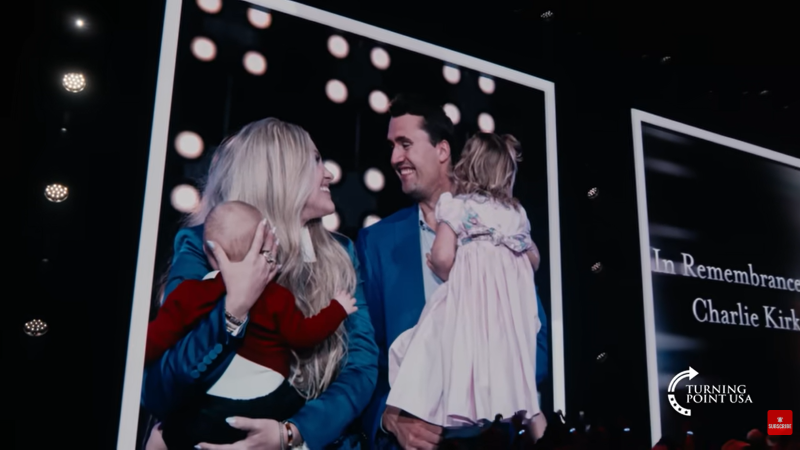How Thomas Jefferson's Day of Prayer Changed America's History
Sign up for a six month free
trial of The Stand Magazine!
Note: this column was first published in July, 2015. It’s appropriate to reprint it in light of this Thursday’s national day of prayer.
Official days of prayer called by elected officials are in the best tradition of the Founding Fathers. George Washington, John Adams, Thomas Jefferson, James Monroe and James Madison all called for national days of prayer during the early years of the Republic.
In fact, secular icon Jefferson, while a member of the House of Burgesses in 1774, called for a day of prayer in response to the effort of the British to close Boston Harbor after the infamous Boston Tea Party of late 1773.
The Crown issued the Boston Port Act on March 7, 1774, designed to destroy the economy of Boston and the Massachusetts Bay colony. Jefferson, in nearby Virginia, believed this dictatorial act required a response.
His response was to personally draft a resolution for a “Day of Fasting & Prayer,” to be held on June 1, the day the blockade of the harbor was scheduled to begin. The resolution was introduced on May 24 and adopted unanimously.
Among its supporters: Patrick Henry, of “Give me liberty or give me death” fame, Richard Henry Lee, a signer of the Declaration of Independence, and George Mason, the father of the Bill of Rights.
Here is how Jefferson’s resolution read (emphasis mine):
“This House, being deeply impressed with apprehension...deem it highly necessary that the said first day of June be set apart, by the members of this House, as a Day of Fasting, Humiliation and Prayer, devoutly to implore the Divine interposition, for averting the heavy calamity which threatens destruction to our civil rights...
“Ordered, therefore, that the Members of this House do attend...with the Speaker, and the mace, to the Church in this City, for the purposes aforesaid; and that the Reverend Mr. Price be appointed to read prayers, and the Reverend Mr. Gwatkin, to preach a sermon.”
Note this was “ordered,” not simply recommend or urged. And it was the actual legislators themselves, every one of them, who went to church to participate in this day of prayer. This wasn’t just for the churches or the preachers or the people in the pews. No, the lawmakers themselves sensed the urgency of pleading with God for his favor and intervention.
George Washington participated in this day of prayer, writing in his diary, “Went to church, fasted all day.”
Now Jefferson’s day of prayer had its fierce and angry opponents. British Royal Governor, Lord Dunmore, was so incensed that two days after the event he disbanded the House of Burgesses altogether, leaving Virginians with no representative government.
The response of the Virginians? They didn’t quit in the face of opposition. The elected leaders of Virginia went down the street to the Raleigh Tavern, where they made the momentous decision to convene a Continental Congress. It met for the first time three months later, and two years after that produced the Declaration of Independence which brought the United States into being.
Bottom line: No Jefferson day of prayer, no Continental Congress. No Continental Congress, no Declaration of Independence. No Declaration of Independence, no United States of America.
Thus America owes an infinite debt of gratitude to Thomas Jefferson for declaring a day of prayer and fasting. If we follow the example of the Founders in our day, perhaps God will hear our prayers too.

Sign up for a free six-month trial of
The Stand Magazine!
Sign up for free to receive notable blogs delivered to your email weekly.



















